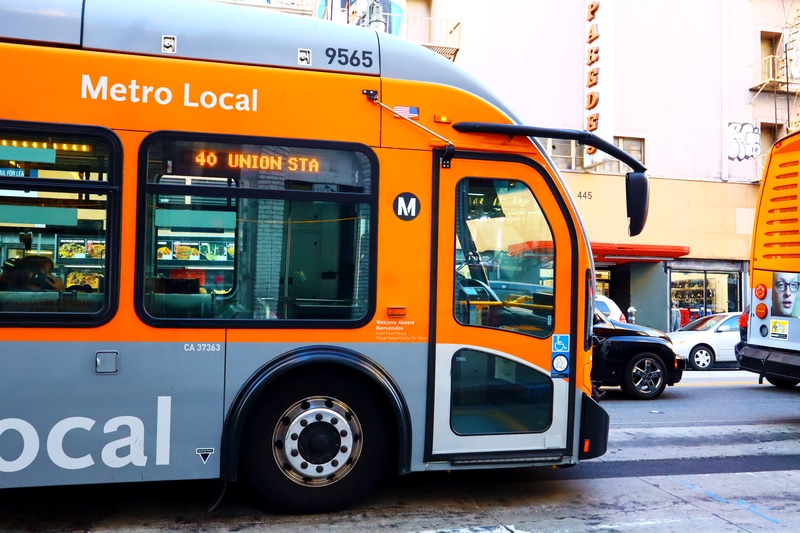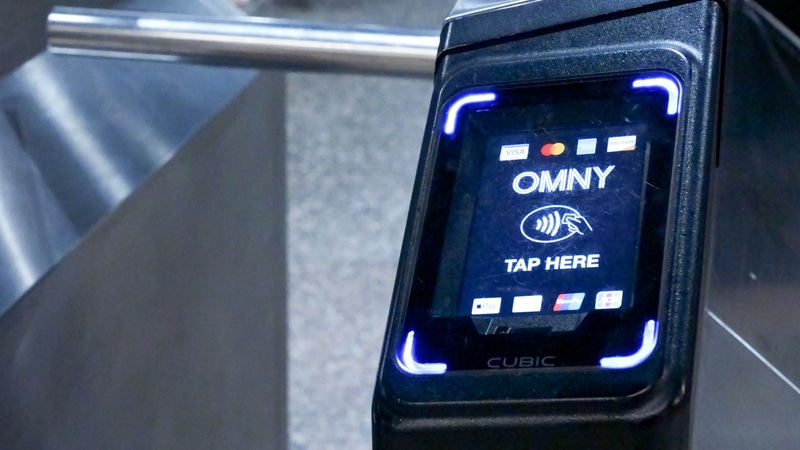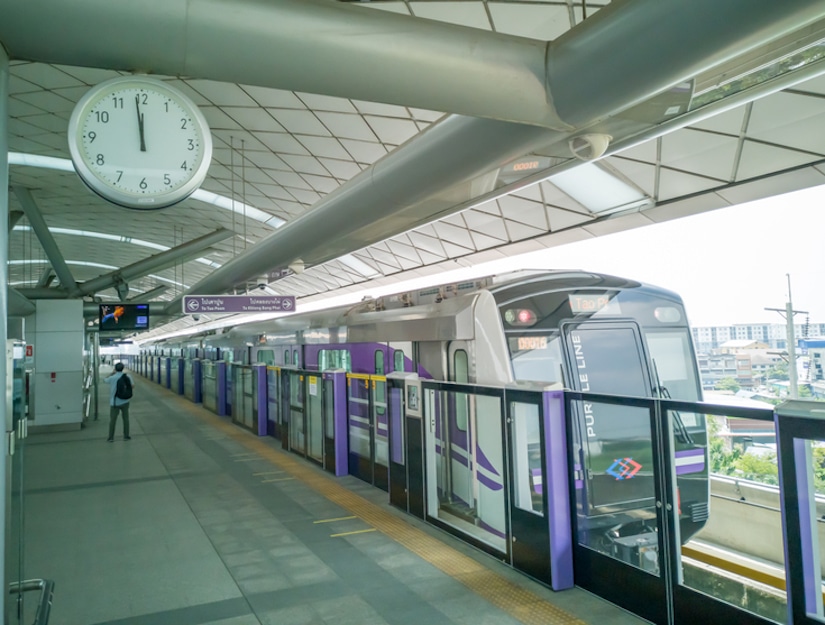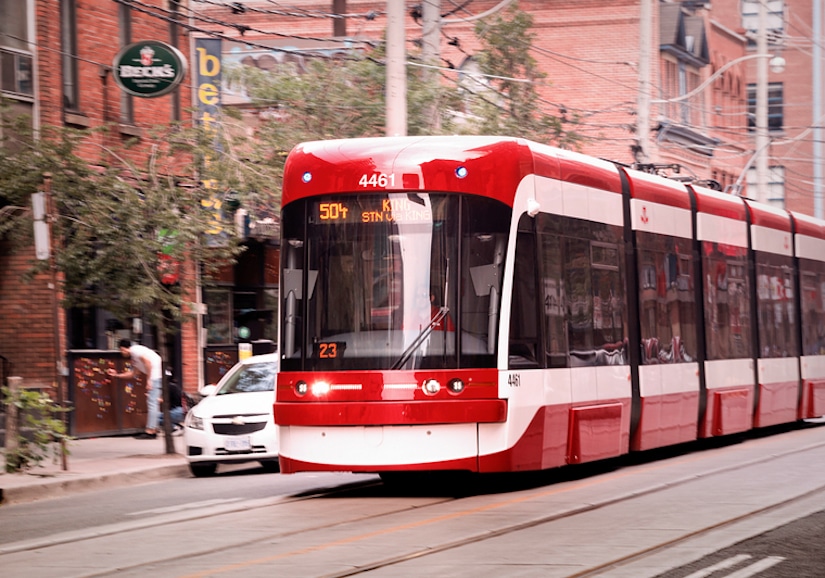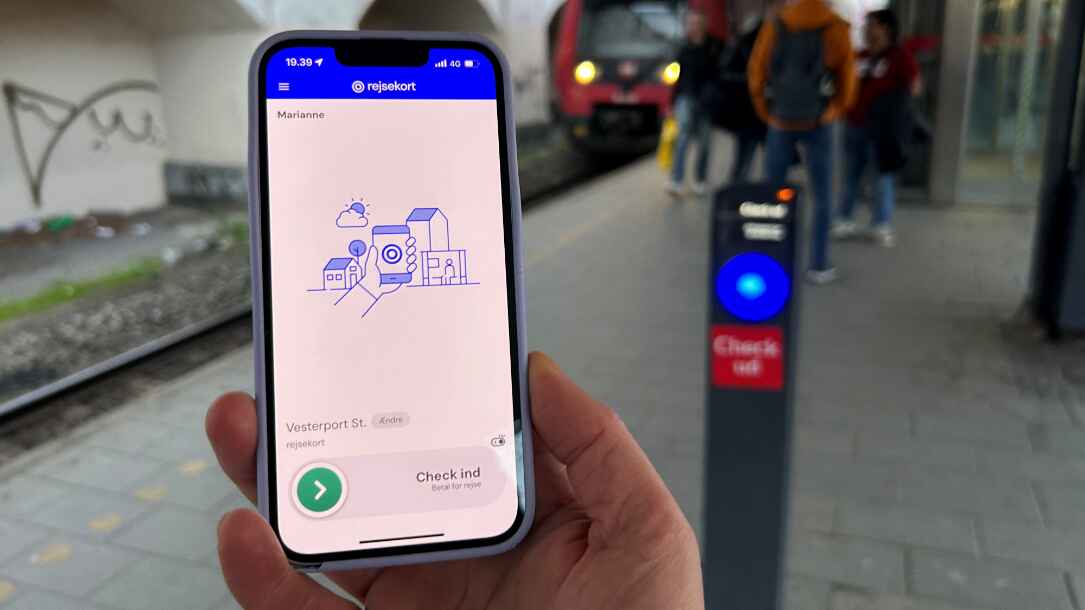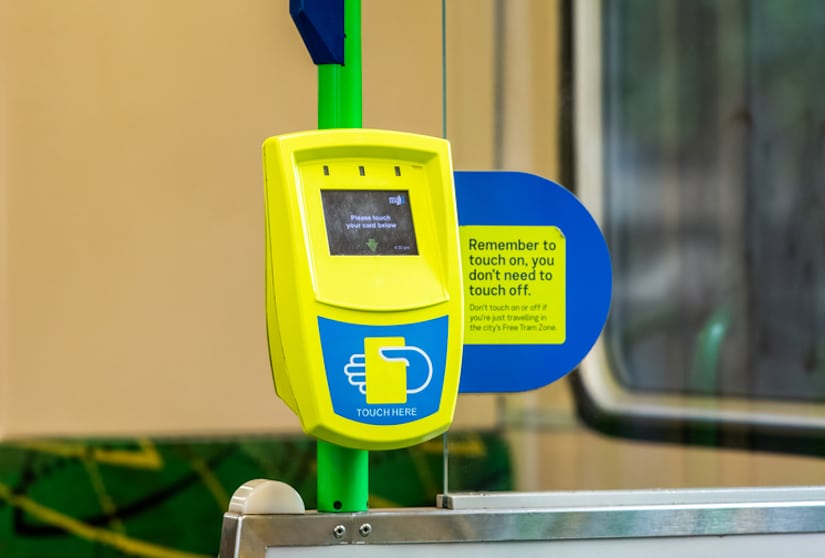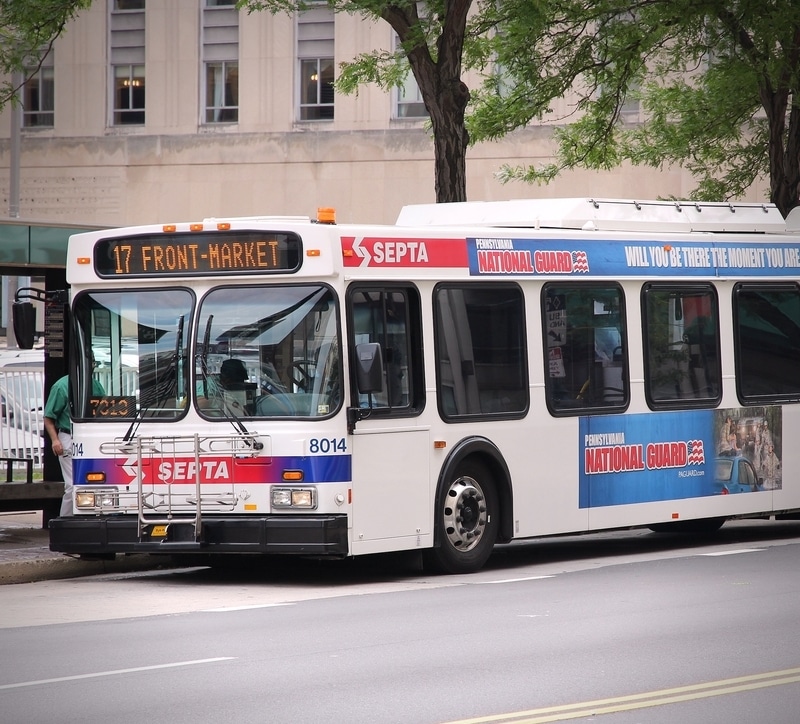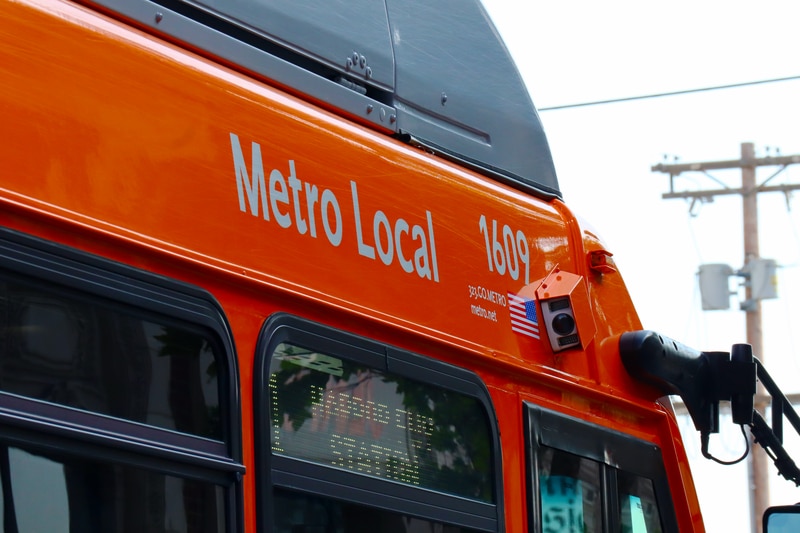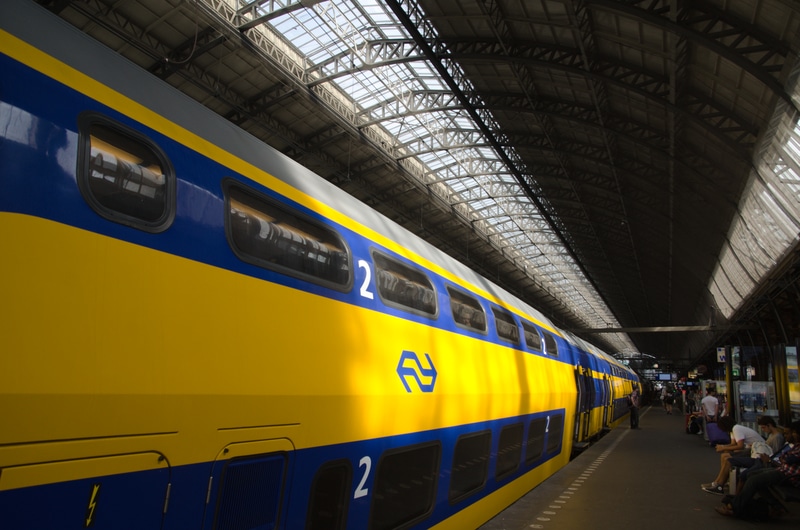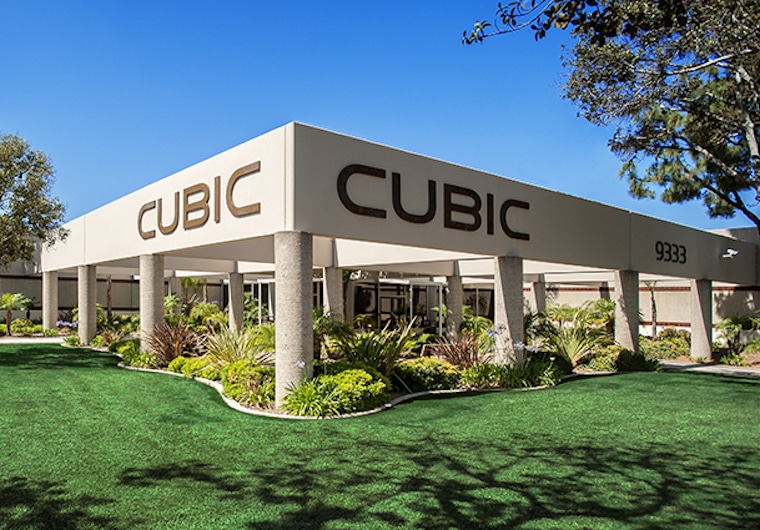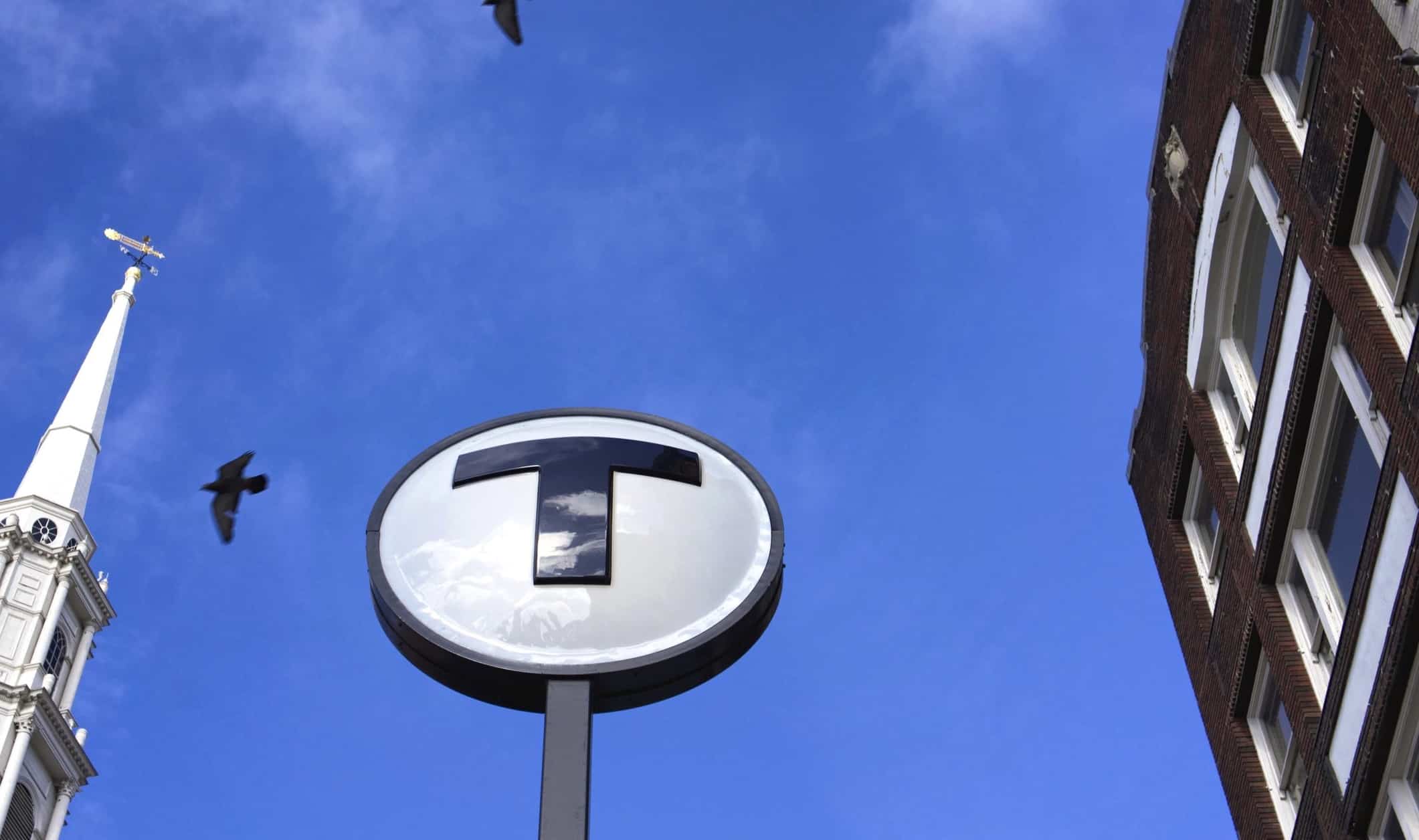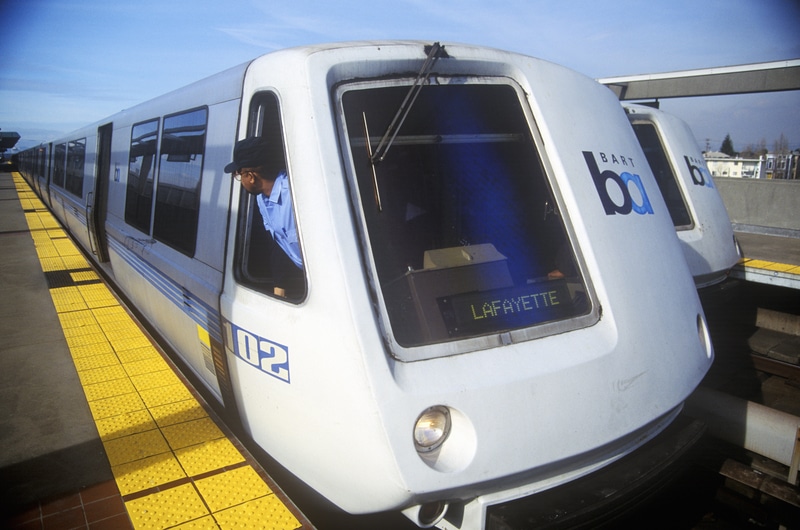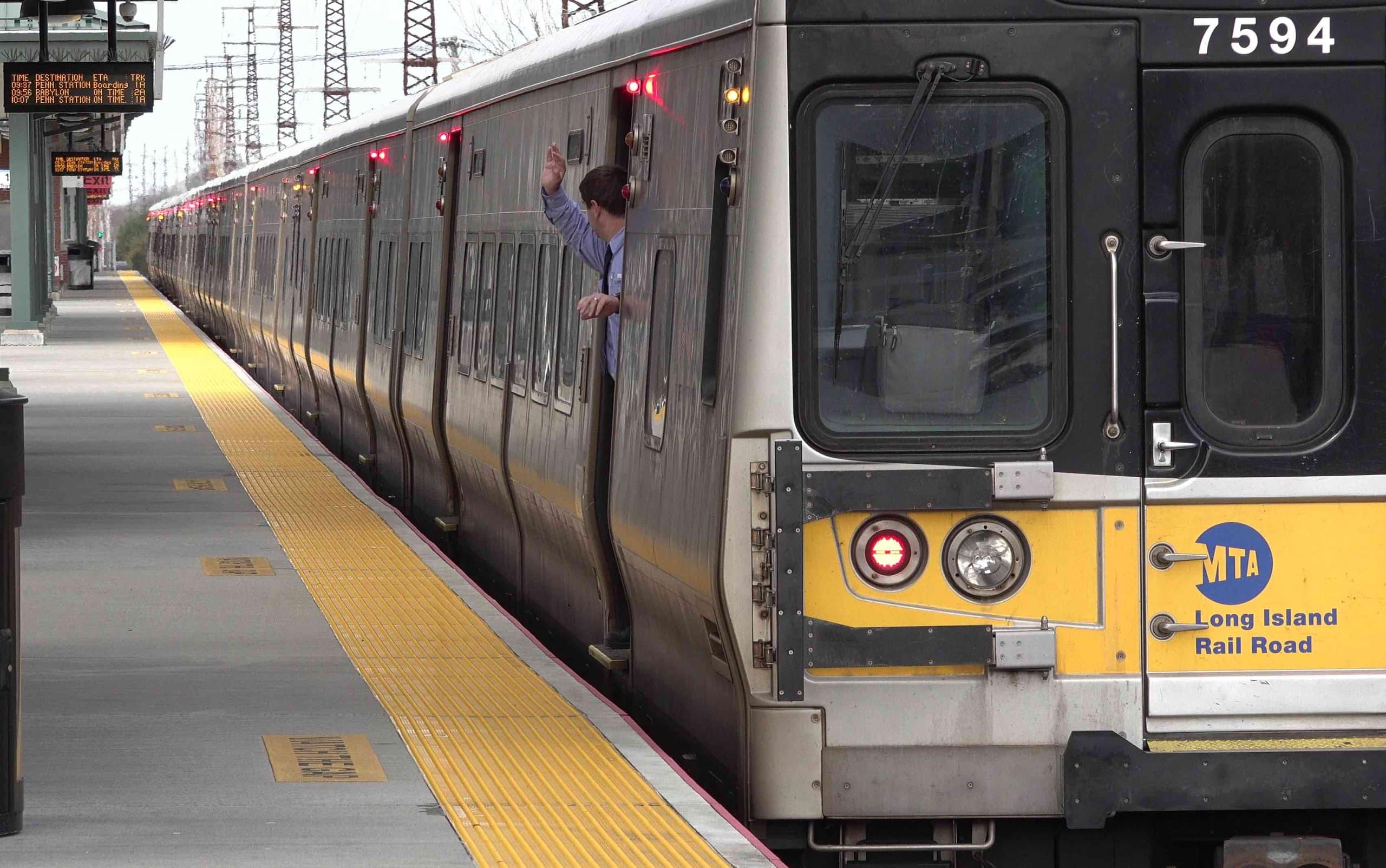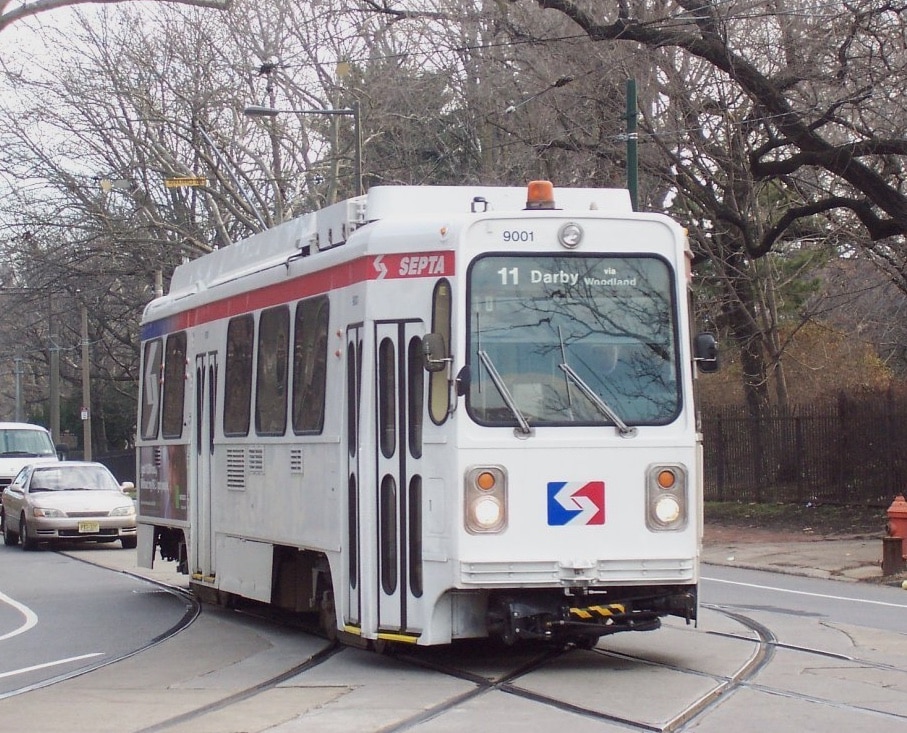
Article Highlights
SEPTA recently issued an RFP for its “Key 2.0” fare-payments system, which will replace hardware, software and–potentially–its incumbent vendor. The first iteration of Key has been beset by delays and cost overruns.
• Graphic: Key 2.0 phased deployment timeline.
• SEPTA (Philadelphia)
• Conduent
• Cubic
• INIT
• Accenture
• Scheidt & Bachmann
For years, Philadelphia transit authority SEPTA was supposed to be the next big agency in North America to support open-loop payments. Now it appears that a launch of open loop might not happen until at least 2026, as part of an overhaul of a fare system that has been beset by delays and cost overruns.







